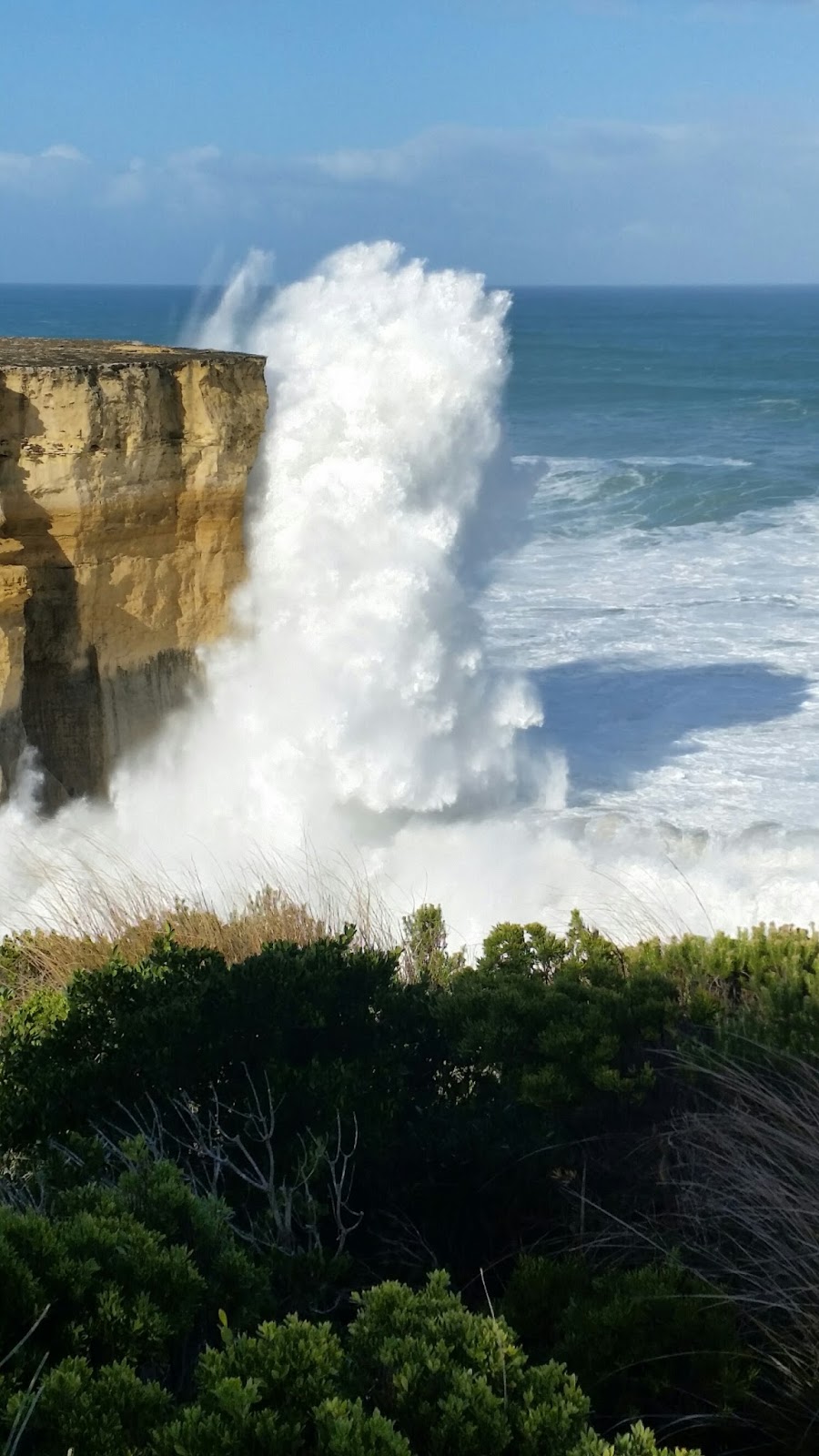

Over the past 30 years, the Southern Ocean has been subject to rapid climate change, which has led to changes in the marine ecosystem.

“We think it’s really important from an educational standpoint, as well as from a map-labeling standpoint, to bring attention to the Southern Ocean as a fifth ocean,” Tait told the Post. The Southern Ocean, also known as the Antarctic Ocean, comprises the southernmost waters of the World Ocean, generally taken to be south of 60° S latitude and encircling Antarctica. Despite that, Tait said it was important that the National Geographic christen the water area. The concept was proposed to the International Hydrographic Organization, which works to ensure the world’s seas, oceans and navigable waters are surveyed and charted, in 2000, but some of the IHO’s 94 members dissented. The boundaries of this ocean were proposed to the International Hydrographic Organization in 2000. Board on Geographic Names as the body of water extending from the coast of Antarctica to the line of latitude at 60 degrees South. Using observations from research aircraft flown during three field projects over nearly a decade, as well as a collection of atmospheric models, researchers found that the Southern Ocean absorbs 550 million tonnes of. The US Board of Geographic Names, a federal body created in 1890 to establish and maintain “uniform geographic name usage” through the federal government, already recognizes the Southern ocean as occupying the same territory, but this is the first time the National Geographic has done so.Īttempts to ratify the boundaries and name of the Southern Ocean internationally have been thwarted. The Southern Ocean is the newest named ocean. But a new study published this week in the journal Science confirms the role of the Southern Ocean as a significant carbon sink. “People look to us for geographic fact: How many continents, how many countries, how many oceans? Up until now, we’ve said four oceans,” Tait said, referring to the Arctic, Atlantic, Indian and Pacific.

Tait told the Washington Post that the span of water is yet to be officially recognized as an ocean by the relevant international body: “But we thought it was important at this point to officially recognize it.” National Geographic Society geographer Alex Tait said scientists have long known that the waters surrounding Antarctica form a “distinct ecological region defined, by ocean currents and temperatures”.


 0 kommentar(er)
0 kommentar(er)
